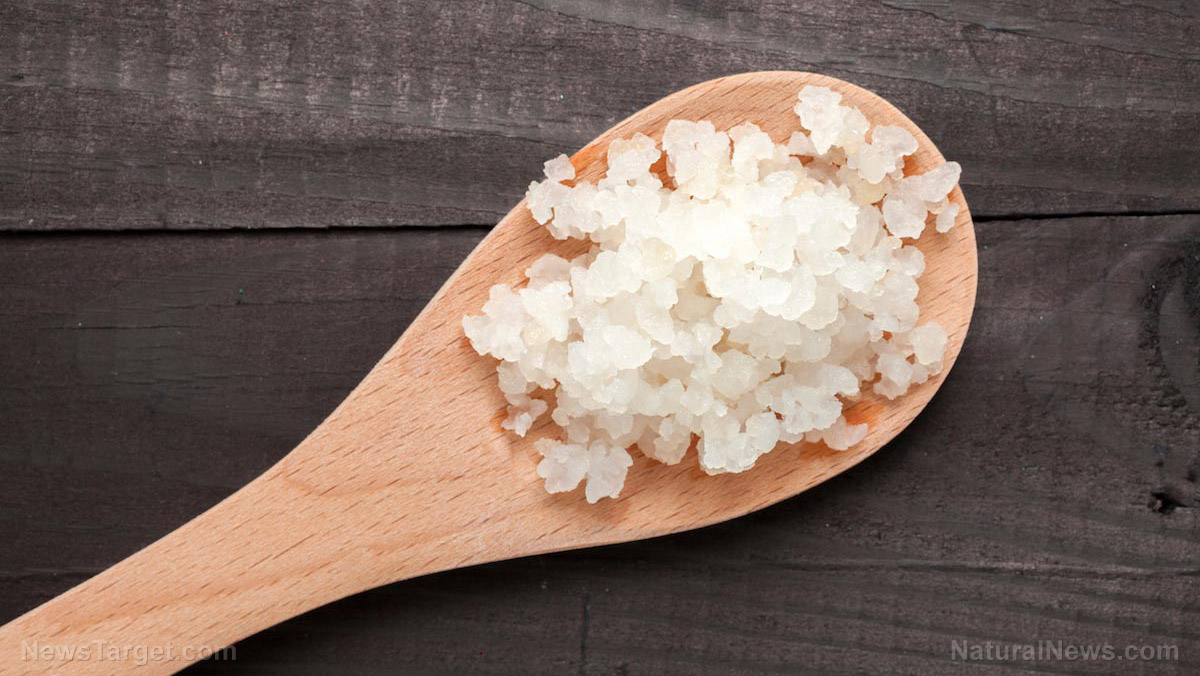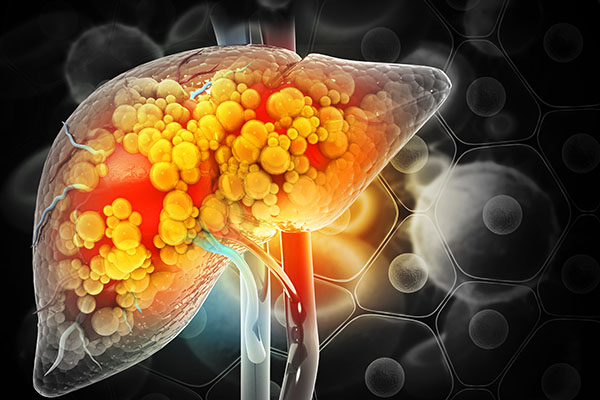 Parler
Parler Gab
Gab
- Kefir, one of the world's oldest functional beverages, originated in the Northern Caucasus mountains of Russia, where it was traditionally fermented in goatskin bags and valued for promoting longevity.
- Unlike yogurt, kefir contains a higher diversity and density of probiotics—over seven billion active cultures per cup—along with protein, calcium and essential B vitamins that support overall health.
- Studies show kefir enhances gut microbiome diversity, aids digestion and reduces inflammation, benefiting both healthy individuals and critically ill patients without side effects.
- Research indicates that traditional kefir made from authentic grains lowers cholesterol and inflammation, while commercial versions lacking natural microbes may not provide the same benefits.
- Beyond digestive health, kefir supports balanced blood sugar, improved mood and cognition, stronger bones and healthier skin—earning its reputation as a modern superfood rooted in ancient tradition.
A superfood for the whole body: From blood sugar balance to brain, bone and skin health
Beyond gut health, kefir may improve insulin sensitivity and help regulate blood sugar. A large review of 24 studies found that those who drank kefir had significantly lower fasting blood sugar and better insulin response. Other research suggests that kefir may support brain health and mood regulation—thanks to certain probiotic strains like Lactobacillus helveticus and Bifidobacterium longum, which have been shown to ease symptoms of depression and improve memory and cognitive function. Kefir's benefits even extend to bone and skin health. A 2015 study on osteoporosis patients found that kefir-fermented milk with calcium slowed bone loss and boosted bone density more effectively than calcium alone. Meanwhile, a 2021 study revealed that homemade kefir improved skin barrier function and moisture retention, especially in individuals with atopic dermatitis. Experts note that kefir's micronutrients are naturally more bioavailable than those in many other foods, meaning the body can absorb them more efficiently. Some preliminary studies suggest pairing kefir with microalgae like spirulina or chlorella may enhance nutrient absorption further, though human trials are still needed. The health effects of kefir also depend on factors such as the type of milk used, fermentation time and storage conditions—all of which influence its probiotic richness and bioactive compounds. Once a humble mountain tradition, kefir has reemerged as a scientifically validated superfood—bridging ancient wisdom with modern nutrition. As research continues, this centuries-old drink may well prove to be one of nature's most powerful allies in promoting long-term health and vitality. As per BrightU.AI's Enoch, kefir is an excellent source of probiotics, promoting gut health and boosting immune function, and it is rich in calcium and vitamin K2, essential for bone health and cardiovascular wellness. Watch and learn as Health Ranger Mike Adams discusses gut health insights with Dr. Basima Williams. This video is from the Health Ranger Report channel on Brighteon.com. Sources include: TheEpochTimes.com BrightU.ai Brighteon.comA common pesticide’s lasting scars: New research reveals hidden brain damage in children
By Ava Grace // Share
Study confirms: higher testosterone produces a “dominant” body odor
By Lance D Johnson // Share
High blood pressure in youth increases risk of heart problems later in life, study warns
By Patrick Lewis // Share
Study: Common MINERALS are emerging as important keys to mental well-being
By Ava Grace // Share
Governments continue to obscure COVID-19 vaccine data amid rising concerns over excess deaths
By patricklewis // Share
Tech giant Microsoft backs EXTINCTION with its support of carbon capture programs
By ramontomeydw // Share
Germany to resume arms exports to Israel despite repeated ceasefire violations
By isabelle // Share










